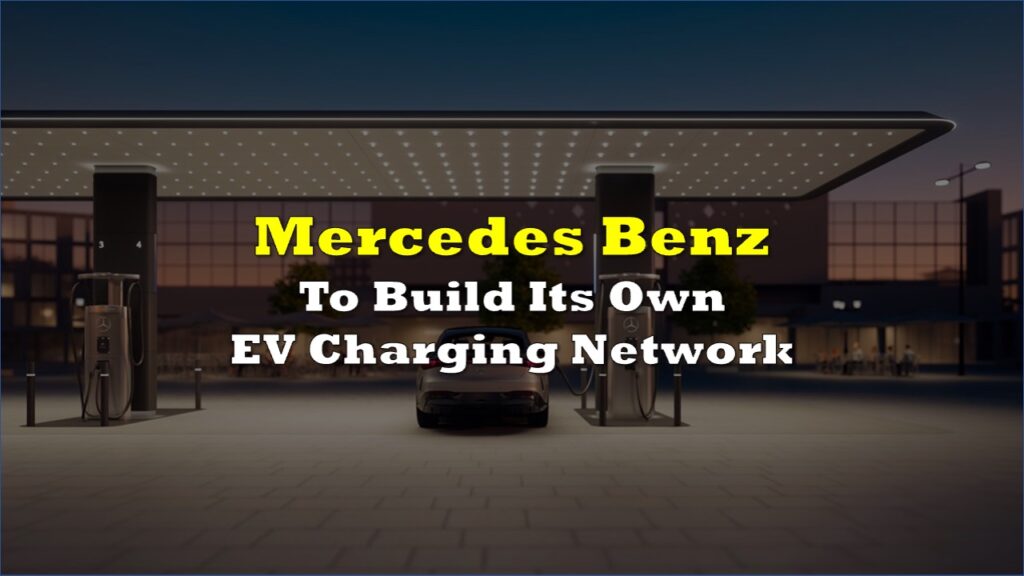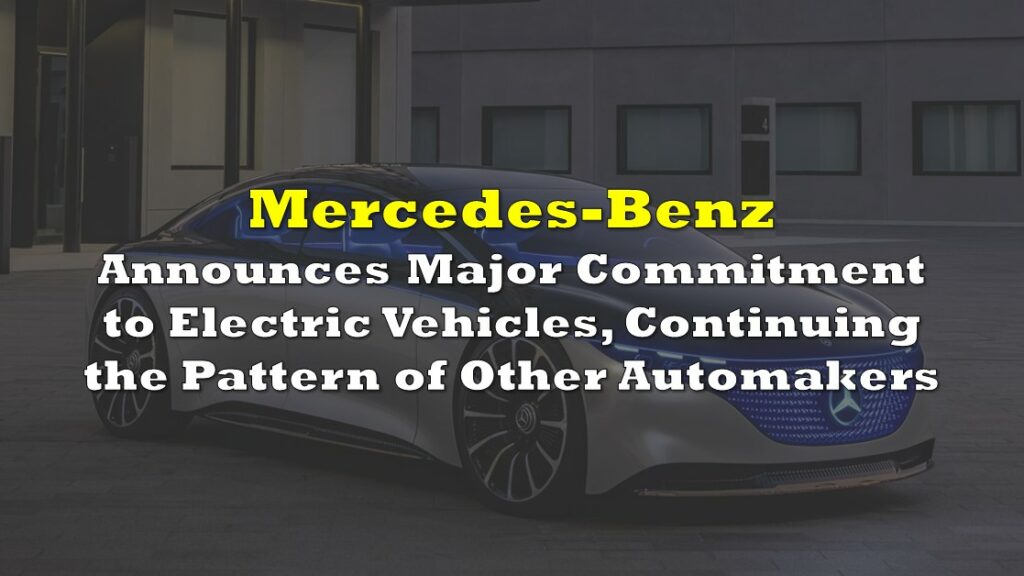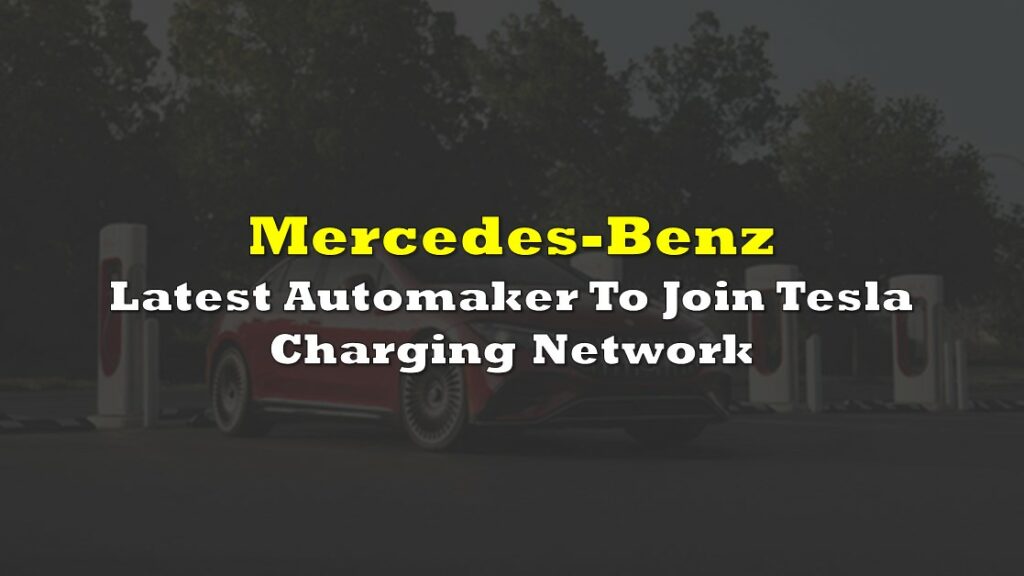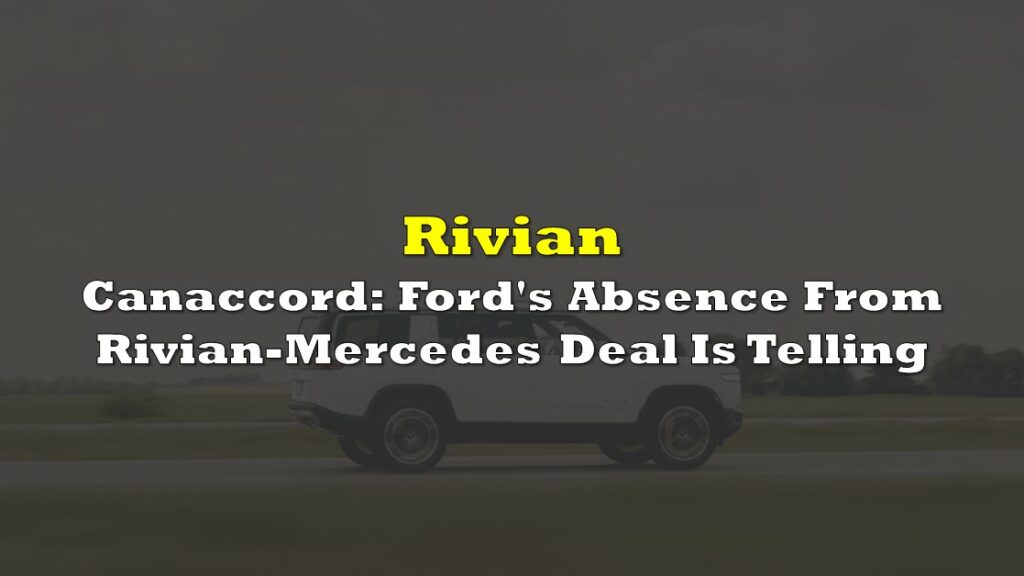German carmaker Mercedes-Benz has been certified for level 3 autonomous driving system in Nevada, marking a first for any automaker in the country. This essentially allows the manufacturer to produce cars in which drivers can legally take their eyes off the wheel and do secondary tasks, but still requires drivers to be prepared to take back control should the situation require their attention.
However, earlier in March, Mercedes-Benz boldly claimed responsibility for crashes that would come after a driver engages the car’s advanced driver assistance system. Once it’s turned on, the driver is no longer legally liable, but Mercedes-Benz is.
“By the end of last year (2021), we were the first [automaker] to get international certification for a Level 3 system,” said Gregor Kugelmann, senior development manager at Drive Pilot, the automated driving system employed by Mercedes-Benz. “We’re aiming to get that for California and Nevada by the end of this year, and we’re checking a lot of other states as well.”
This distinction is something the German manufacturer hopes will give it an advantage in the field of autonomous mobility as it launches the SAE Level 3 conditionally automated driving system to the United States. Now that the state of Nevada has approved it, the company is optimistic that the application in California will soon follow suit.

Accepting liability for automated driving systems is going to be a big game changer in the space, which is currently marred with malfunction lawsuits. Competitor Tesla (NASDAQ: TSLA) has faced many legal bouts and regulatory crackdowns on its self-driving cars and its promotion of it. In January 2022, a limousine driver in California was charged with manslaughter after his Model S engaged in autopilot ran a red light and collided with another car, resulting in two deaths. The bereaved families have sued both the driver and Tesla.
Tesla is also currently facing a criminal investigation over the company’s claims about the capabilities of the self-driving system equipped in its electric vehicles.
READ: Tesla Under Criminal Investigation Over Bold Self-Driving Claims
The Nevada DMV stated, however, that it does not issue permits or licenses based on the level of automation of an autonomous vehicle and that all levels of automation are permitted to operate on public streets.
“Mercedes has certified that their technology meets the Nevada ‘minimal risk condition’ requirement that requires a Level 3 or higher ‘fully autonomous’ vehicles to be able to stop if there is a malfunction in the system,” the DMV said, adding it “does not test or certify vehicles.”
Separately, Mercedes-Benz announced that its Automatic Lane Change (ALC) technology will be available in North America. With the cruise control active, the automobile can automatically conduct a lane change and overtake slower vehicles.
The German automaker also stated it will begin construction of the North American electric vehicle charging network this year at a cost of slightly more than 1 billion euros ($1.05 billion). The network will include 400 charging stations and more than 2,500 high-power plugs when completed in six or seven years, according to the firm.
Mercedes Chief Software Officer Magnus Oestberg told reporters on Thursday that the company will have to seek permission from regulators in each U.S. state to allow Level 3 driving. Mercedes has the technology in place to deliver limited automatic driving in all 50 states, he claimed.
Information for this briefing was found via Reuters, Teslarati, Carscoops, Castanet, and the sources mentioned. The author has no securities or affiliations related to this organization. Not a recommendation to buy or sell. Always do additional research and consult a professional before purchasing a security. The author holds no licenses.









